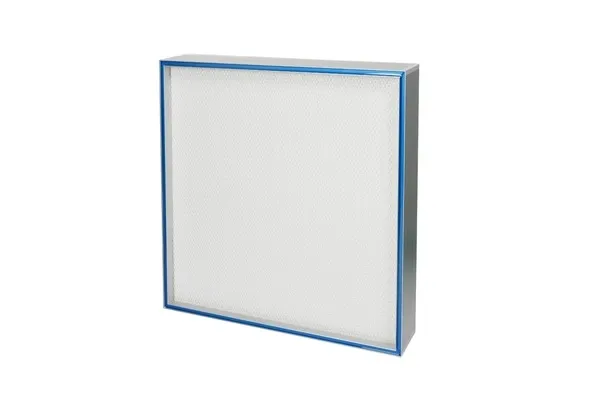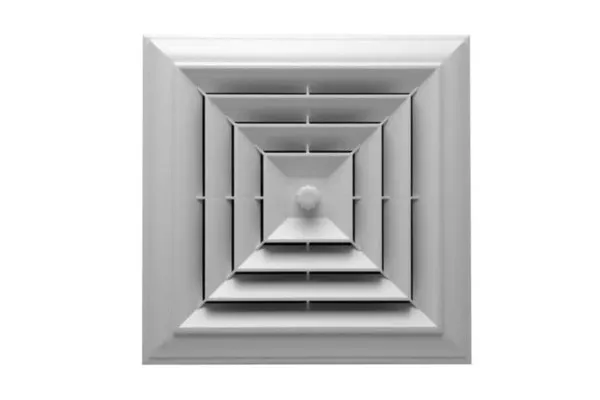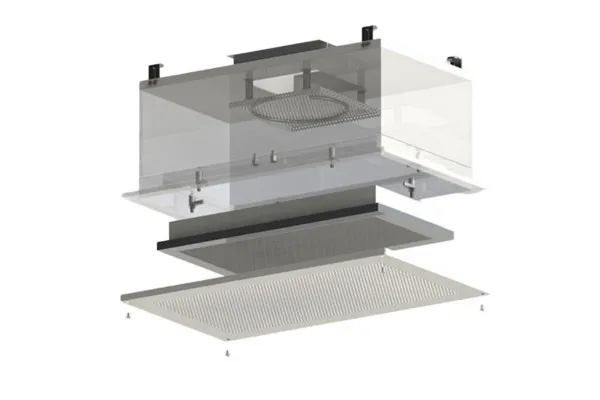HVAC Air Filter
HVAC air filters are essential components that help maintain indoor air quality by trapping dust, pollen, and other airborne particles. They protect HVAC systems from debris buildup, ensuring efficient operation and energy savings. Available in various types, including fiberglass, pleated, HEPA, and activated carbon filters, each serves different purposes—from basic filtration to advanced allergen reduction. Regular maintenance and timely replacement of filters are crucial for optimal performance, contributing to a healthier and more comfortable living space.




Functions of HVAC Air Filters
- Air Quality Improvement: Filters trap dust, pollen, pet dander, mold spores, and other airborne particles, helping to reduce allergens and pollutants in the indoor environment.
- System Protection: By capturing debris and particles, filters prevent buildup within the HVAC system, which can lead to mechanical issues and reduce efficiency.
- Energy Efficiency: Clean filters allow for better airflow, meaning the system doesn’t have to work as hard to maintain desired temperatures, leading to lower energy bills.
- Odor Reduction: Some filters are designed to reduce odors from pets, cooking, and other sources, contributing to a more pleasant living space.
Types of HVAC Air Filters
- Fiberglass Filters: These are the most basic and least expensive filters, designed to capture larger particles. They need frequent replacement but do not provide significant allergen reduction.
- Pleated Filters: Made from polyester or cotton, these filters have a larger surface area and can trap smaller particles, making them more efficient than fiberglass filters.
- HEPA Filters: High-Efficiency Particulate Air (HEPA) filters can capture 99.997% of particles that are 0.3 microns or larger, making them ideal for allergy sufferers. They are commonly used in hospitals and clean rooms.
- Electrostatic Filters: These filters use an electric charge to attract and trap particles. They are reusable and can be more efficient than standard filters.
Maintenance and Replacement
Regular maintenance and timely replacement of air filters are essential for optimal HVAC performance. Most filters should be checked monthly and replaced every 1 to 3 months, depending on usage, filter type, and environmental factors.
Regularly replacing or cleaning HVAC air filters is crucial for maintaining system efficiency and air quality. Clogged filters can restrict airflow, leading to increased energy consumption, reduced system lifespan, and higher utility bills. The frequency of replacement depends on factors such as filter type, usage, and indoor air quality; generally, filters should be checked every month and replaced every 1-3 months.
